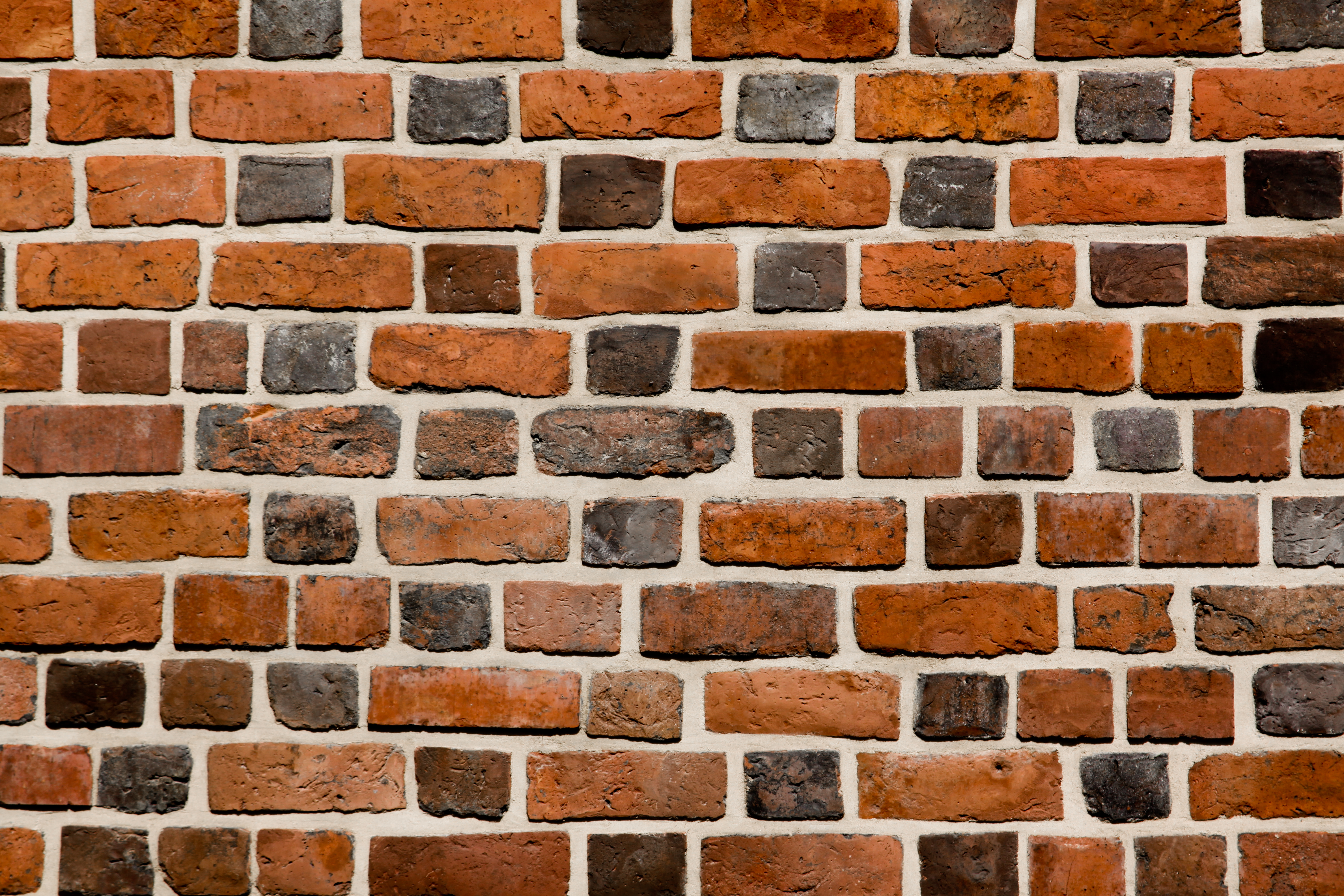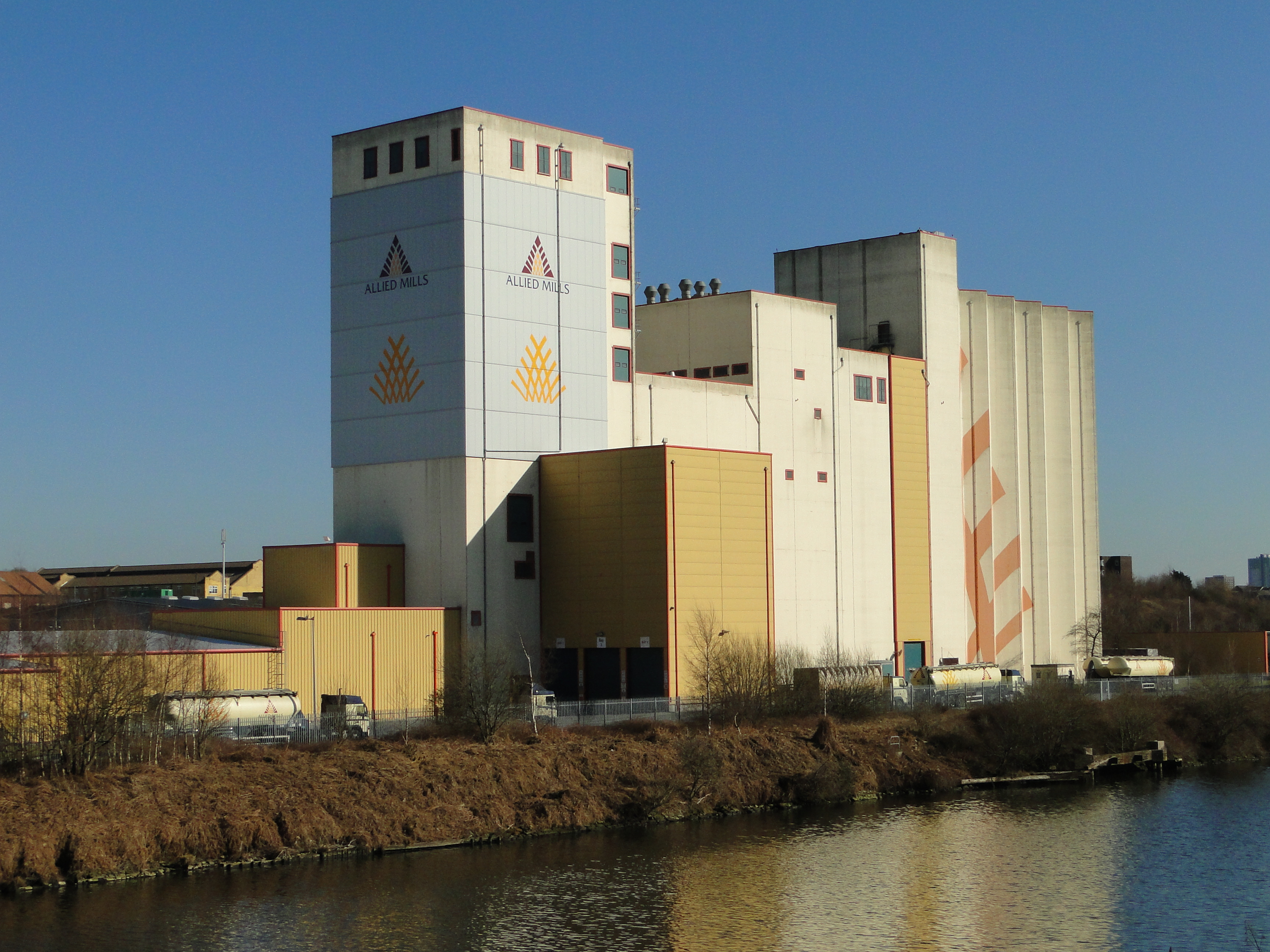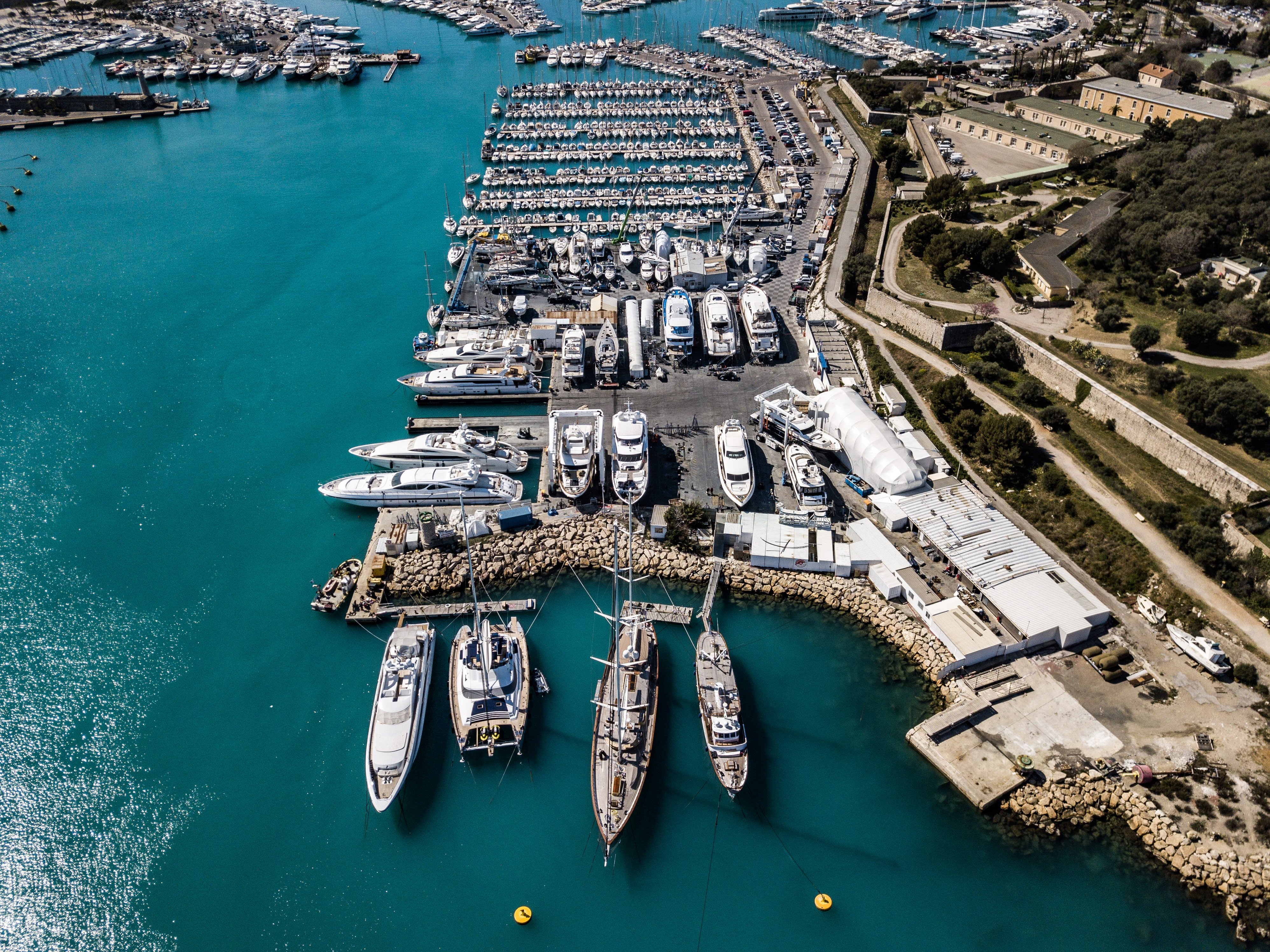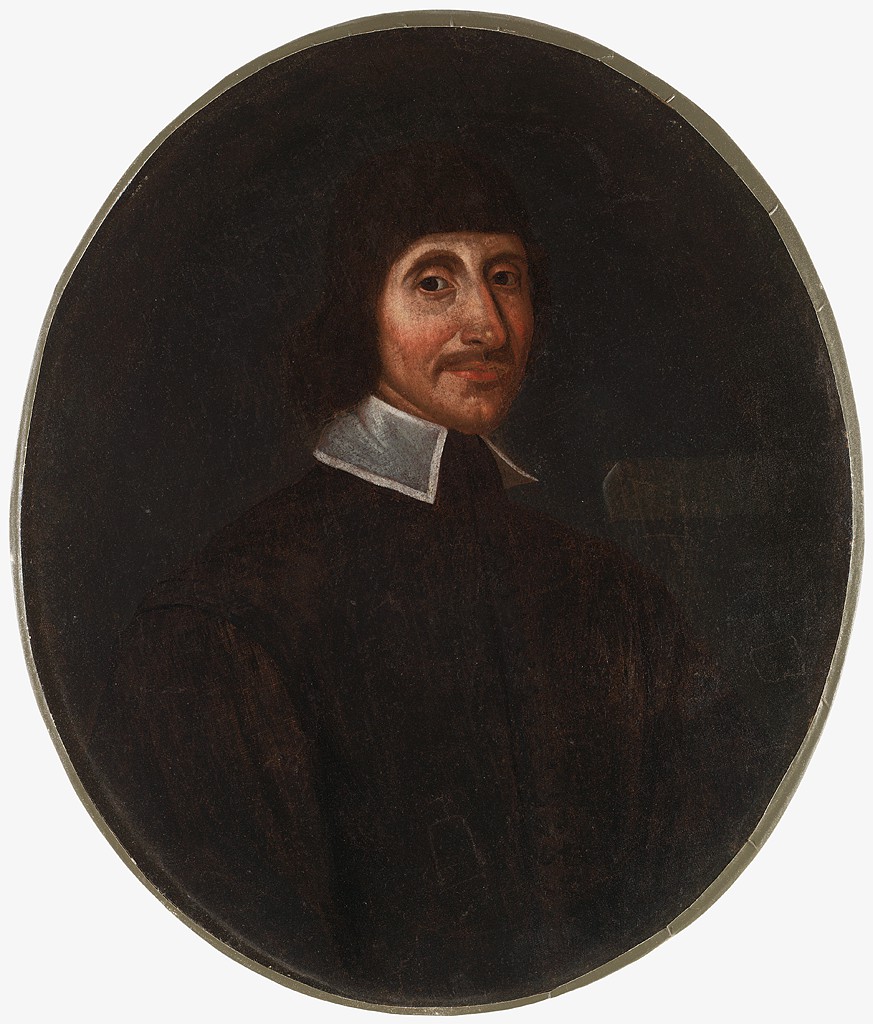|
Seal Cove, Maine
Tremont is a town in Hancock County, Maine, United States. It is located on the southwestern side of Mount Desert Island, known to locals as "the quiet side." Tremont includes the villages of Bass Harbor (or McKinley), Bernard, Gotts Island, Seal Cove and West Tremont. Part of Acadia National Park lies within the town. Bass Harbor is the terminus for the Swan's Island ferry and the Frenchboro ferry. The population was 1,544 at the 2020 census. History Settled in 1762, it was incorporated on June 3, 1848 as Mansel, the name given the island by John Winthrop's company of emigrants to the Massachusetts Bay Colony in 1630. Two months later, on August 8 it was renamed Tremont, which means "three mountains" in French. By 1880, when the population was 2,011, the town had a sawmill, shipyard, gristmill, shingle mill and brickyard. Fishing and fish curing were the principal industries. Today, tourism is important to the economy. Geography According to the United States Cens ... [...More Info...] [...Related Items...] OR: [Wikipedia] [Google] [Baidu] |
New England Town
The town is the basic unit of Local government in the United States, local government and local division of state authority in the six New England states. Most other U.S. states lack a direct counterpart to the New England town. New England towns overlay the entire area of a state, similar to civil townships in other states where they exist, but they are fully functioning Incorporation (municipal government), municipal corporations, possessing powers similar to city, cities in other states. New Jersey's Local government in New Jersey, system of equally powerful townships, boroughs, towns, and cities is the system which is most similar to that of New England. New England towns are often governed by a town meeting legislative body. The great majority of municipal corporations in New England are based on the town model; there, statutory forms based on the concept of a Place (United States Census Bureau), compact populated place are uncommon, though elsewhere in the U.S. they are preva ... [...More Info...] [...Related Items...] OR: [Wikipedia] [Google] [Baidu] |
The Washington Post
''The Washington Post'' (also known as the ''Post'' and, informally, ''WaPo'') is an American daily newspaper published in Washington, D.C. It is the most widely circulated newspaper within the Washington metropolitan area and has a large national audience. Daily broadsheet editions are printed for D.C., Maryland, and Virginia. The ''Post'' was founded in 1877. In its early years, it went through several owners and struggled both financially and editorially. Financier Eugene Meyer purchased it out of bankruptcy in 1933 and revived its health and reputation, work continued by his successors Katharine and Phil Graham (Meyer's daughter and son-in-law), who bought out several rival publications. The ''Post'' 1971 printing of the Pentagon Papers helped spur opposition to the Vietnam War. Subsequently, in the best-known episode in the newspaper's history, reporters Bob Woodward and Carl Bernstein led the American press's investigation into what became known as the Waterga ... [...More Info...] [...Related Items...] OR: [Wikipedia] [Google] [Baidu] |
Fishing
Fishing is the activity of trying to catch fish. Fish are often caught as wildlife from the natural environment, but may also be caught from stocked bodies of water such as ponds, canals, park wetlands and reservoirs. Fishing techniques include hand-gathering, spearing, netting, angling, shooting and trapping, as well as more destructive and often illegal techniques such as electrocution, blasting and poisoning. The term fishing broadly includes catching aquatic animals other than fish, such as crustaceans (shrimp/lobsters/ crabs), shellfish, cephalopods (octopus/squid) and echinoderms (starfish/sea urchins). The term is not normally applied to harvesting fish raised in controlled cultivations ( fish farming). Nor is it normally applied to hunting aquatic mammals, where terms like whaling and sealing are used instead. Fishing has been an important part of human culture since hunter-gatherer times, and is one of the few food production activities that ha ... [...More Info...] [...Related Items...] OR: [Wikipedia] [Google] [Baidu] |
Brickmaking
A brick is a type of block used to build walls, pavements and other elements in masonry construction. Properly, the term ''brick'' denotes a block composed of dried clay, but is now also used informally to denote other chemically cured construction blocks. Bricks can be joined using mortar, adhesives or by interlocking them. Bricks are usually produced at brickworks in numerous classes, types, materials, and sizes which vary with region and time period, and are produced in bulk quantities. ''Block'' is a similar term referring to a rectangular building unit composed of similar materials, but is usually larger than a brick. Lightweight bricks (also called lightweight blocks) are made from expanded clay aggregate. Fired bricks are one of the longest-lasting and strongest building materials, sometimes referred to as artificial stone, and have been used since circa 4000 BC. Air-dried bricks, also known as mud-bricks, have a history older than fired bricks, and have an addi ... [...More Info...] [...Related Items...] OR: [Wikipedia] [Google] [Baidu] |
Roof Shingle
Roof shingles are a roof covering consisting of individual overlapping elements. These elements are typically flat, rectangular shapes laid in courses from the bottom edge of the roof up, with each successive course overlapping the joints below. Shingles are held by the roof rafters and are made of various materials such as wood, slate, flagstone, metal, plastic, and composite materials such as fibre cement and asphalt shingles. Ceramic roof tiles, which still dominate in Europe and some parts of Asia, are still usually called tiles. Roof shingles may deteriorate faster and need to repel more water than wall shingles. They are a very common roofing material in the United States. Etymology and nomenclature Shingle is a corruption of German meaning a roofing slate."Shingle" def. 1. Whitney, Wi ... [...More Info...] [...Related Items...] OR: [Wikipedia] [Google] [Baidu] |
Gristmill
A gristmill (also: grist mill, corn mill, flour mill, feed mill or feedmill) grinds cereal grain into flour and middlings. The term can refer to either the grinding mechanism or the building that holds it. Grist is grain that has been separated from its chaff in preparation for grinding. History Early history The Greek geographer Strabo reports in his ''Geography'' a water-powered grain-mill to have existed near the palace of king Mithradates VI Eupator at Cabira, Asia Minor, before 71 BC. The early mills had horizontal paddle wheels, an arrangement which later became known as the " Norse wheel", as many were found in Scandinavia. The paddle wheel was attached to a shaft which was, in turn, attached to the centre of the millstone called the "runner stone". The turning force produced by the water on the paddles was transferred directly to the runner stone, causing it to grind against a stationary "bed", a stone of a similar size and shape. This simple arrangement required ... [...More Info...] [...Related Items...] OR: [Wikipedia] [Google] [Baidu] |
Shipyard
A shipyard, also called a dockyard or boatyard, is a place where ships are built and repaired. These can be yachts, military vessels, cruise liners or other cargo or passenger ships. Dockyards are sometimes more associated with maintenance and basing activities than shipyards, which are sometimes associated more with initial construction. The terms are routinely used interchangeably, in part because the evolution of dockyards and shipyards has often caused them to change or merge roles. Countries with large shipbuilding industries include Australia, Brazil, China, Croatia, Denmark, Finland, France, Germany, India, Ireland, Italy, Japan, the Netherlands, Norway, the Philippines, Poland, Romania, Russia, Singapore, South Korea, Sweden, Taiwan, Turkey, the United Arab Emirates, Ukraine, the United Kingdom, the United States and Vietnam. The shipbuilding industry is more fragmented in Europe than in Asia where countries tend to have fewer, larger companies. Many naval vessel ... [...More Info...] [...Related Items...] OR: [Wikipedia] [Google] [Baidu] |
Sawmill
A sawmill (saw mill, saw-mill) or lumber mill is a facility where logging, logs are cut into lumber. Modern sawmills use a motorized saw to cut logs lengthwise to make long pieces, and crosswise to length depending on standard or custom sizes (dimensional lumber). The Portable sawmill, "portable" sawmill is of simple operation. The log lies flat on a steel bed, and the motorized saw cuts the log horizontally along the length of the bed, by the operator manually pushing the saw. The most basic kind of sawmill consists of a chainsaw and a customized jig ("Alaskan sawmill"), with similar horizontal operation. Before the invention of the sawmill, boards were made in various manual labour, manual ways, either wood splitting, rived (split) and plane (tool), planed, hewing, hewn, or more often hand sawn by two men with a whipsaw, one above and another in a saw pit below. The earliest known mechanical mill is the Hierapolis sawmill, a Roman water-powered stone mill at Hierapolis, Asia ... [...More Info...] [...Related Items...] OR: [Wikipedia] [Google] [Baidu] |
French Language
French ( or ) is a Romance language of the Indo-European family. It descended from the Vulgar Latin of the Roman Empire, as did all Romance languages. French evolved from Gallo-Romance, the Latin spoken in Gaul, and more specifically in Northern Gaul. Its closest relatives are the other langues d'oïl—languages historically spoken in northern France and in southern Belgium, which French (Francien) largely supplanted. French was also influenced by native Celtic languages of Northern Roman Gaul like Gallia Belgica and by the ( Germanic) Frankish language of the post-Roman Frankish invaders. Today, owing to France's past overseas expansion, there are numerous French-based creole languages, most notably Haitian Creole. A French-speaking person or nation may be referred to as Francophone in both English and French. French is an official language in 29 countries across multiple continents, most of which are members of the '' Organisation internationale de la Francopho ... [...More Info...] [...Related Items...] OR: [Wikipedia] [Google] [Baidu] |
Massachusetts Bay Colony
The Massachusetts Bay Colony (1630–1691), more formally the Colony of Massachusetts Bay, was an English settlement on the east coast of North America around the Massachusetts Bay, the northernmost of the several colonies later reorganized as the ''Province of Massachusetts Bay''. The lands of the settlement were in southern New England, with initial settlements on two natural harbors and surrounding land about apart—the areas around Salem, Massachusetts, Salem and Boston, Massachusetts, Boston, north of the previously established Plymouth Colony. The territory nominally administered by the Massachusetts Bay Colony covered much of central New England, including portions of Massachusetts, Maine, New Hampshire, and Connecticut. The Massachusetts Bay Colony was founded by the owners of the Massachusetts Bay Company, including investors in the failed Dorchester Company, which had established a short-lived settlement on Cape Ann in 1623. The colony began in 1628 and was the company ... [...More Info...] [...Related Items...] OR: [Wikipedia] [Google] [Baidu] |
John Winthrop
John Winthrop (January 12, 1587/88 – March 26, 1649) was an English Puritan lawyer and one of the leading figures in founding the Massachusetts Bay Colony, the second major settlement in New England following Plymouth Colony. Winthrop led the first large wave of colonists from England in 1630 and served as governor for 12 of the colony's first 20 years. His writings and vision of the colony as a Puritan " city upon a hill" dominated New England colonial development, influencing the governments and religions of neighboring colonies. Winthrop was born into a wealthy land-owning and merchant family. He trained in the law and became Lord of the Manor at Groton in Suffolk. He was not involved in founding the Massachusetts Bay Company in 1628, but he became involved in 1629 when anti-Puritan King Charles I began a crackdown on Nonconformist religious thought. In October 1629, he was elected governor of the Massachusetts Bay Colony, and he led a group of colonists to the New ... [...More Info...] [...Related Items...] OR: [Wikipedia] [Google] [Baidu] |
Bass Harbor Head Light, Mount Desert Island, ME
Bass or Basses may refer to: Fish * Bass (fish), various saltwater and freshwater species Music * Bass (sound), describing low-frequency sound or one of several instruments in the bass range: ** Bass (instrument), including: ** Acoustic bass guitar, with a hollow body ** Bass clarinet, a clarinet with a lower sound ** Bass cornett, a low pitched wind instrument ** Bass drum, a large drum ** Bass flute, an instrument one octave lower than a flute ** Bass guitar, with a solid body and electric pickups ** Bass recorder, an instrument one octave lower than the alto recorder ** Bass sarrusophone, a low pitched double reed instrument ** Bass saxophone ** Bass trombone, a lower pitched trombone ** Bass trumpet ** Bass violin ** Double bass, the largest and lowest pitched bowed string instrument ** Electric upright bass, the electric version of a double bass ** Tuba, often called "the bass" in the context of brass instruments * Bass (voice type), a type of classical male singing voic ... [...More Info...] [...Related Items...] OR: [Wikipedia] [Google] [Baidu] |









